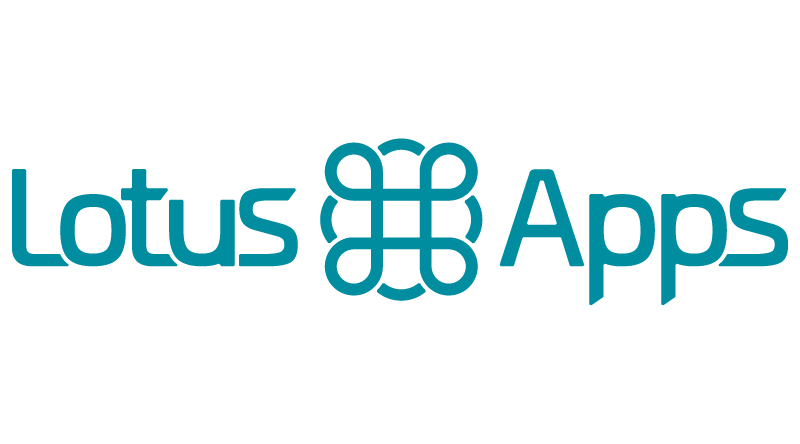Growing to a point where Lotus could even think of bringing another engineer on the team was an exciting first step, and a scary realization as well. However, we crunched our numbers, negotiated a couple new clients on a retainer contract to better secure long-term work, and dove in.
At first, we used our network of collegeues to field candidates, but that didn't take us very far for a couple reasons. First, most of our collegues are great at what they do, meaning they're in much farther along in their careers and our needs just didn't line up. From there we decided to post a job on www.weworkremotely.com, which we paid $250 for 30 days ($50 for being featured) although we only left the posting live for 2 weeks.
Candidate Breakdown
This isn't highly scientific, as we sift through a Gmail folder, but here is a general breakdown of applicants:
- Roughly 200 total applicants, resulting in close to 450 emails (people asking for followup, us sending short responses).
- We had about 40 firms contact us from the posting, including phone calls. Most were from outside the US.
- Over half of the applicants did not meet basic criteria of a US timezone with some Rails experience.
- Of those applicants, we responded to about 25 either to schedule a phone screen, or to offer advice to those who put in effort in applying, yet did not meet our needs.
- Astounding the number of people who did not follow the directions on how to apply on the posting, and/or did not provide a resume or any basic contact info.
- Most of our phone screens were for recent dev bootcamp graduates. The Iron Yard and Turing School were the most popular, in that order.
Interview Process
Overall, the interview process itself was positive. The candidates we did speak with were passionate, talented, and eager to learn making it a refreshing and fun experience. We had one individual respond to our decline to chat with a threatening and unbalanced email, which was unsettling and strange to say the least - that was the only negative experience.
- We scheduled 17 phone screens as our first step in speaking with a candidate.
- 2 of the phone screens didn't show, and only 1 of those responded apologizing and asked to reschedule.
- We brought 4 candidates back for an hour long technical interview.
Our phone screens consisted of a 20-30 minute video chat on Google Hangouts, and most candidates used that entire time. It was unstructured, used as an introduction to our company, what we were looking for in a candidate, and a time for the candidate to share some about themselves and what they were hoping to find in their next career move. We kept a Google Doc with notes such as hourly rate, location, availability, current employment or activity, and impressions which we reviewed after all phone screens were complete.
The technical interview was an hour long video chat on Google Hangouts, where we reviewed some intermediate and advanced discussion topics on Ruby, Ruby on Rails, and Git. The candidate's responses largely drove the direction of the discussion, and was exploratory such as "Now that we know how Rails determines which migrations to perform on a database, how do you think you would build that feature?". This approach highlighted critical thinking, ability to pivot to new information, how stressed a candidate was under light pressure and just in general how fun it would be to work with this person on a daily basis to solve problems together.
Conclusion
In hindsight, there are a few things we would have done differently to improve the process on ourselves and candidates.
- Used a free TypeForm survey to capture basic candidate info in an organized fashion
- Be even more blatantly obvious on timezone restrictions and firms (could have potentially weeded out some useless chatter)
- Dedicate more time to the effort - I severley underestimated the time required to do this justice, we tracked almost 40 hours for interviews, sifting through email and responding to the few candidates we did.









